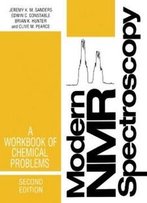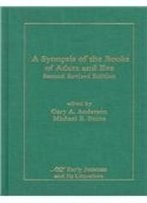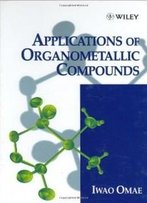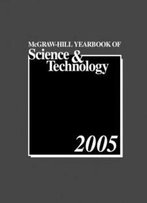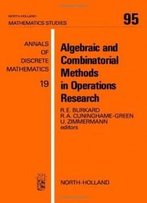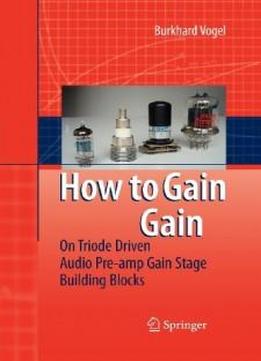
How To Gain Gain: A Reference Book On Triodes In Audio Pre-amps
by Burkhard Vogel /
2010 / English / PDF
5.4 MB Download
The 17 chapters of "How to Gain Gain" give a detailed insight
into a collection of the most common gain producing and constant
current generating possibilities (28) of triodes for audio
pre-amplifier purposes. These chapters also offer complete sets
of formulae to calculate gain, frequency and phase responses of
certain building blocks built-up with this type of vacuum valve
(tube). In all cases detailed derivations of the gain formulae
were also presented. All what is needed are the data sheet valve
characteristic figures of the triode's mutual conductance, the
gain factor and the internal plate (anode) resistance. To
calculate frequency and phase responses of gain stages the
different data sheet based input and output capacitances have to
be taken into account as well. To calculate transfer functions
for any kind of triode driven gain stage, including all its bias
setting, frequency and phase influencing components, example
MathCad worksheets as a second part of each chapter allow easy
follow-up and application of the respective formulae. In
addition, to demonstrate the differences of feedback and
non-feedback relationships, in the last chapter and on MathCad
basis, a very extensive and complete calculation example for a
three stage linear pre-amplifier as well as a three stage RIAA
equalized phono amplifier plays the wind up role of the book.
The 17 chapters of "How to Gain Gain" give a detailed insight
into a collection of the most common gain producing and constant
current generating possibilities (28) of triodes for audio
pre-amplifier purposes. These chapters also offer complete sets
of formulae to calculate gain, frequency and phase responses of
certain building blocks built-up with this type of vacuum valve
(tube). In all cases detailed derivations of the gain formulae
were also presented. All what is needed are the data sheet valve
characteristic figures of the triode's mutual conductance, the
gain factor and the internal plate (anode) resistance. To
calculate frequency and phase responses of gain stages the
different data sheet based input and output capacitances have to
be taken into account as well. To calculate transfer functions
for any kind of triode driven gain stage, including all its bias
setting, frequency and phase influencing components, example
MathCad worksheets as a second part of each chapter allow easy
follow-up and application of the respective formulae. In
addition, to demonstrate the differences of feedback and
non-feedback relationships, in the last chapter and on MathCad
basis, a very extensive and complete calculation example for a
three stage linear pre-amplifier as well as a three stage RIAA
equalized phono amplifier plays the wind up role of the book.
